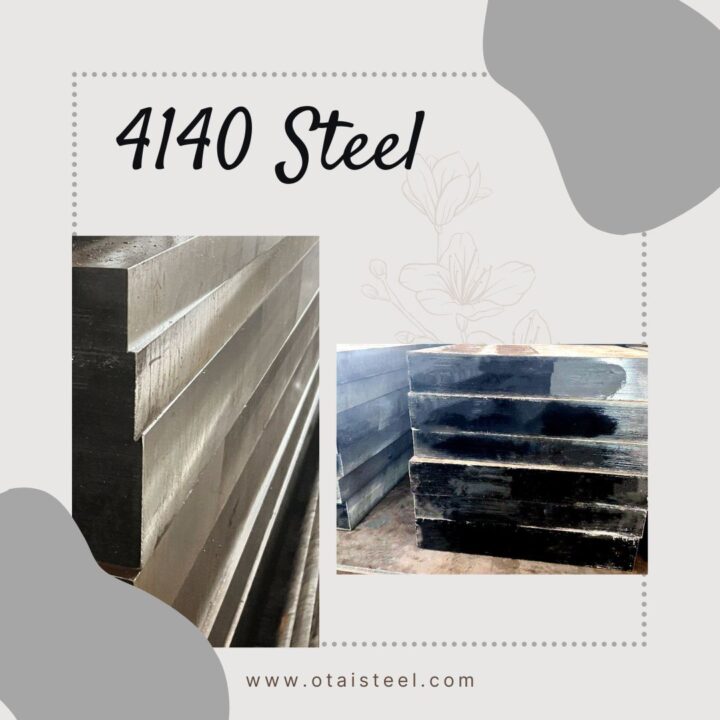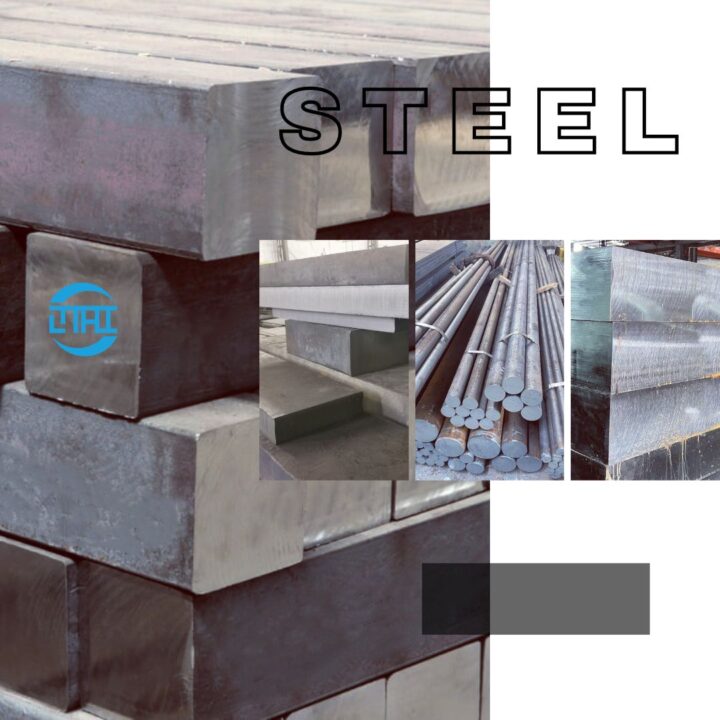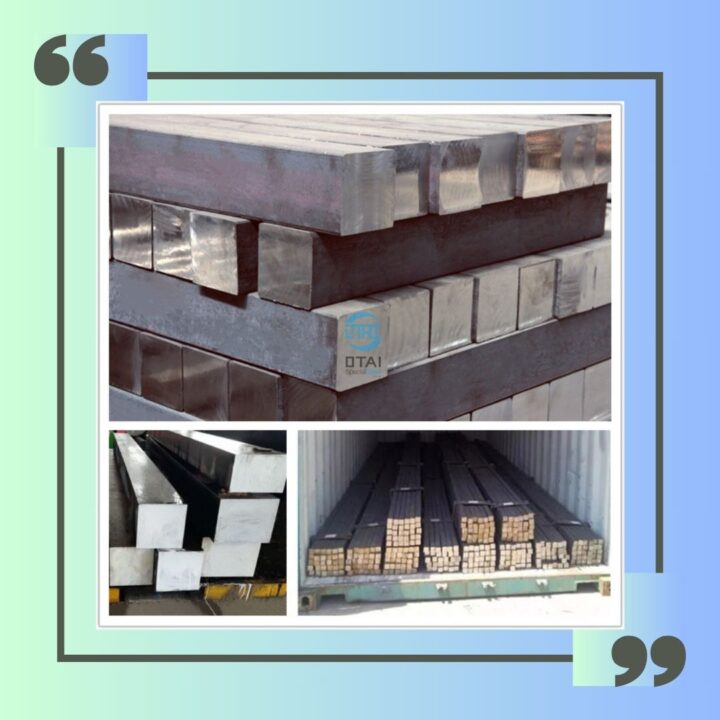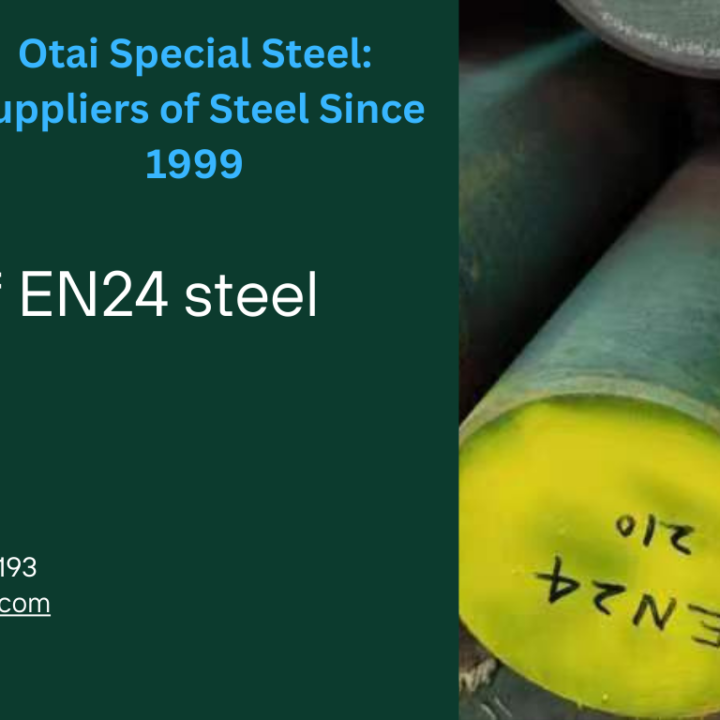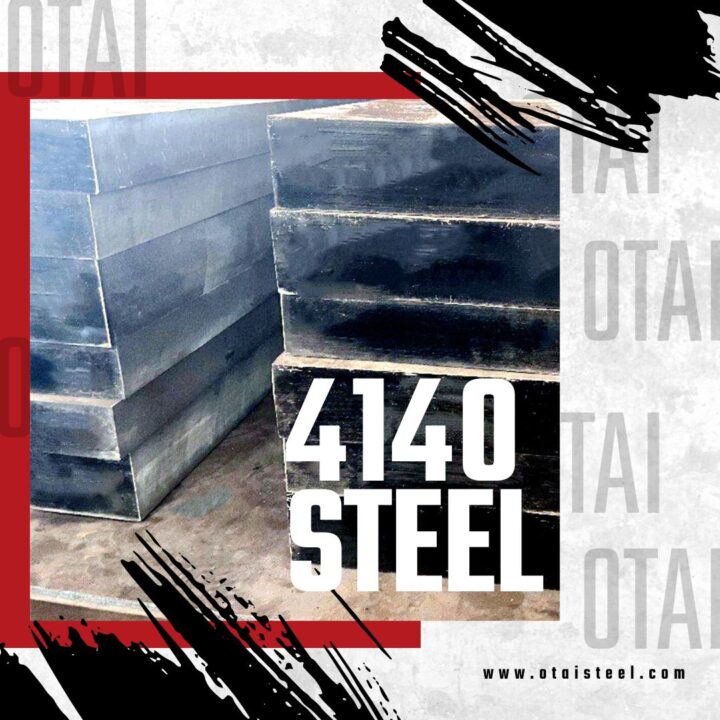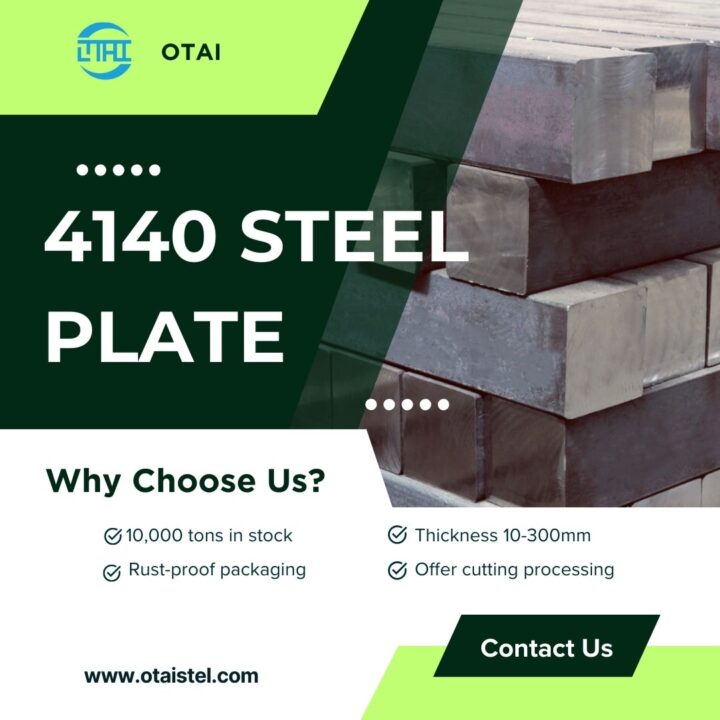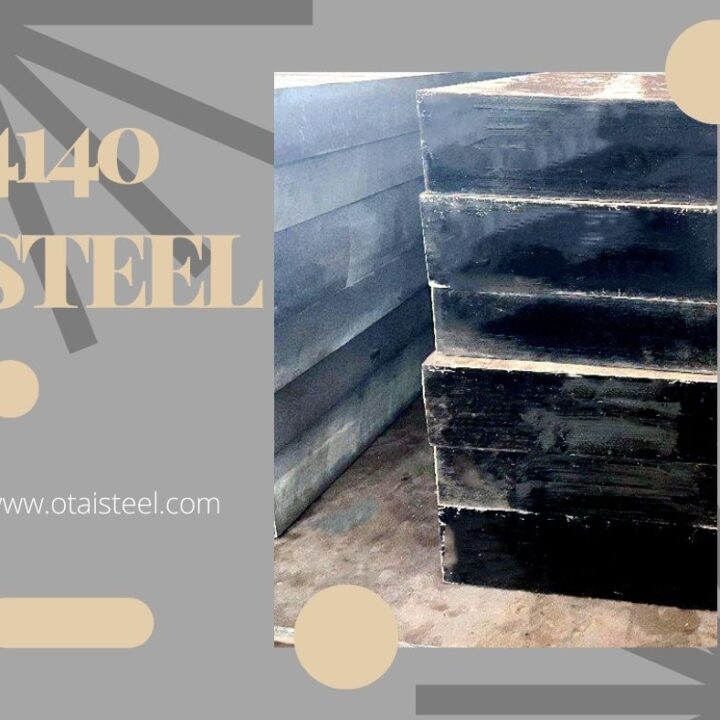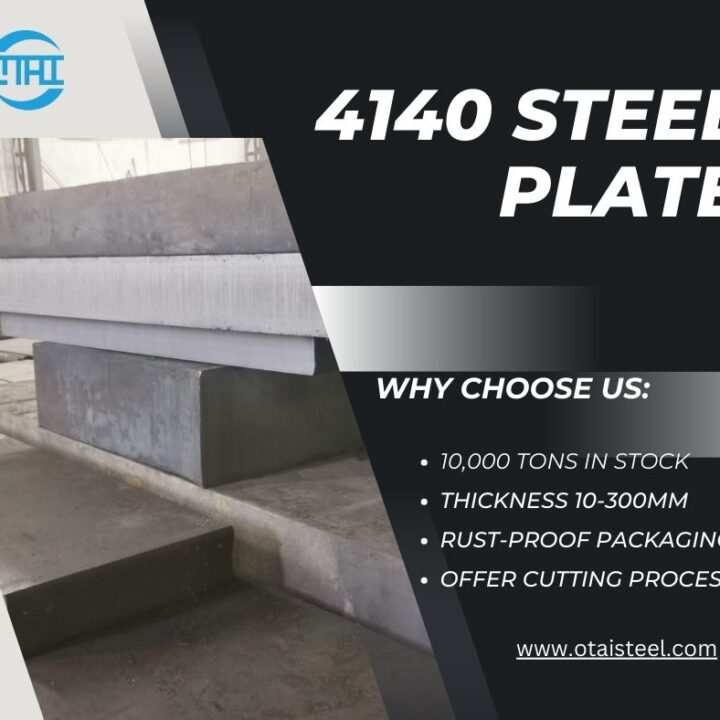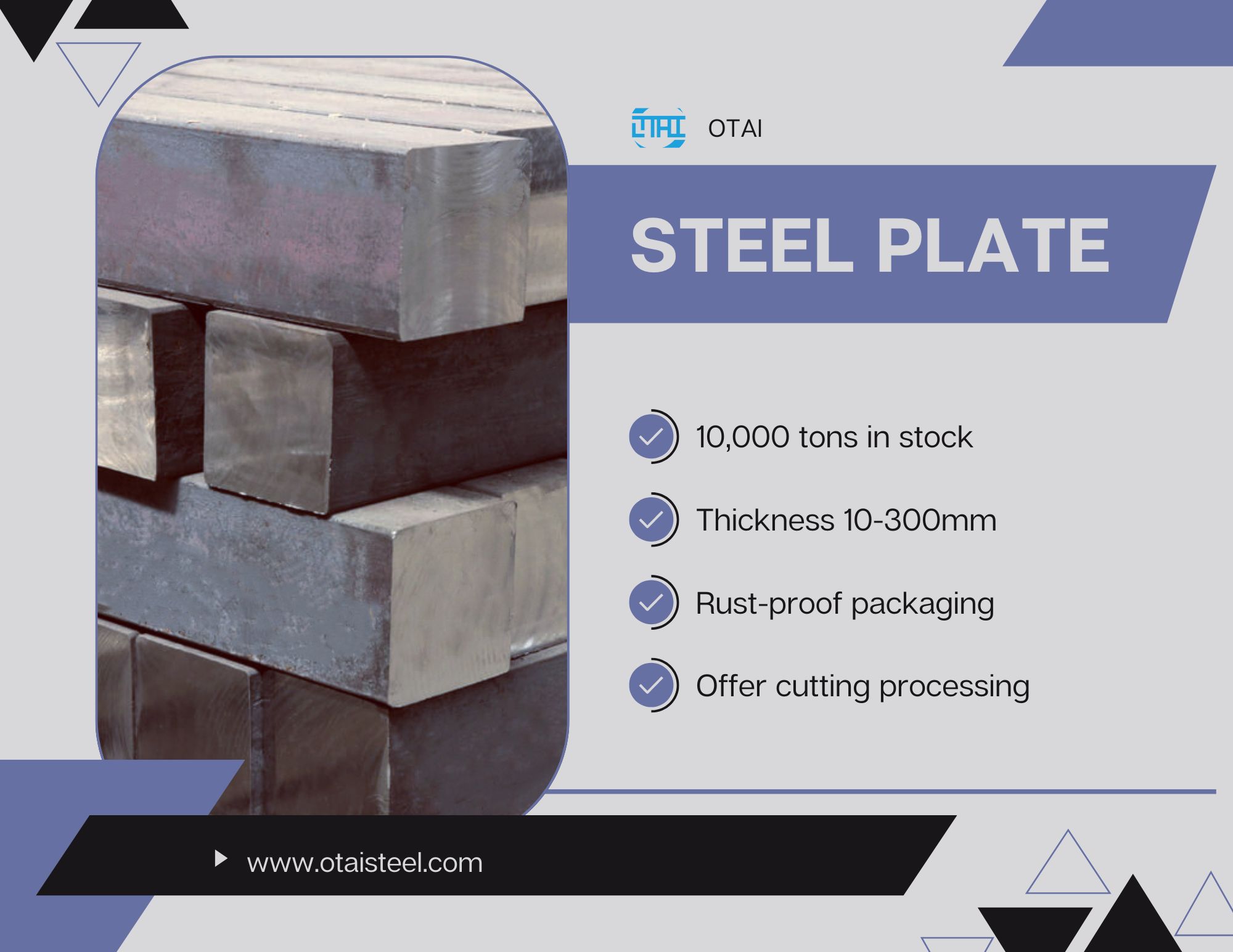 The Ultimate Guide to H13 alloy Applications and Advantages
The Ultimate Guide to H13 alloy Applications and Advantages
Introduction
A. Definition and Classification of H13 Steel
H13 steel, an alloy tool steel renowned for its exceptional performance in applications requiring high wear resistance and toughness, is characterized by a precise balance of alloying elements. This makes H13 steel a preferred material for critical industrial components.
B. Significance of H13 Steel in Industry
H13 steel holds profound industrial significance, particularly in sectors where components endure extreme pressures and temperatures. Its reliability and longevity in service have rendered it indispensable in manufacturing.
C. Purpose and Structure of the Article
This article delves deeply into H13 steel, exploring its properties, applications, and the distinct advantages offered by OTAI, a prominent supplier known for its extensive inventory and exceptional customer service.
Fundamental Characteristics of H13 Steel
A. Chemical Composition and Its Impact on Performance
The chemical composition of H13 steel, encompassing elements like chromium, molybdenum, and vanadium, is meticulously controlled to optimize performance. These elements contribute to the steel’s hardenability, wear resistance, and stability at high temperatures.
B. Overview of Physical and Mechanical Properties
H13 steel exhibits a range of mechanical properties that make it ideal for demanding applications. Notably, its high hardness, tensile strength, and resistance to impacts are remarkable.
C. Effect of Heat Treatment on H13 Steel
Effective heat treatment is crucial to unlocking H13 steel’s full potential. Processes such as quenching and tempering enable the material to achieve the desired balance of hardness and toughness.
Machining Techniques for H13 Steel
A. Machining Tips and Considerations
Machining H13 steel demands specialized tools and techniques due to its hardness. Proper selection of cutting tools, speeds, and feeds is essential for successful machining.
B. Welding and Joining Methods
Welding H13 steel presents unique challenges due to its alloy composition. Precise preheating, post-heat treatments, and appropriate filler materials are essential for achieving strong, durable welds.
C. Surface Treatment Technologies
Various surface treatments, including nitriding, carburizing, and coatings, enhance the performance of H13 steel components by improving wear and corrosion resistance.
Applications of H13 Steel in Mold Making
A. Selection Criteria for Mold Making
H13 steel is favored for mold making due to its ability to maintain precise dimensions and withstand the stresses of injection molding processes.
B. Cold Work Applications
In cold work applications, the high hardness and wear resistance of H13 steel make it suitable for dies used in stamping and forming operations.
C. Hot Work Applications
H13 steel’s heat resistance and toughness make it an excellent choice for hot work applications, such as die casting and forging dies.
H13 Steel in Injection Molding
A. Requirements for Injection Mold Materials
Injection molds necessitate materials capable of withstanding high pressures and temperatures. H13 steel meets these demands, offering long service life and dimensional stability.
B. Advantages of H13 Steel in Mold Manufacturing
H13 steel excels in injection mold manufacturing, enabling the production of intricate details and withstanding the rigors of repeated use.
C. Optimization Strategies for Mold Performance
Strategies such as optimized cooling channel design and effective surface treatments enhance the performance and longevity of H13 steel injection molds.
H13 Steel for Extrusion Dies
A. Working Conditions and Material Selection
Extrusion dies operate under high pressures and temperatures, necessitating materials like H13 steel that maintain structural integrity.
B. Performance of H13 Steel in Extrusion Dies
H13 steel’s ability to resist wear and maintain a smooth surface finish is crucial for the quality of extruded products.
C. Maintenance and Life Extension Techniques
Regular inspection and proper surface restoration significantly extend the lifespan of H13 steel extrusion dies.
Comparison of H13 alloy Steel with Other Tool Steels
A. Performance Comparison Analysis
Comparative analysis highlights H13 steel’s unique advantages in wear resistance, toughness, and response to heat treatment.
B. Applicability in Different Scenarios
H13 steel’s versatility in various applications is discussed, alongside its performance relative to other tool steels in similar scenarios.
C. Cost-Benefit Analysis
The cost-effectiveness of H13 steel is evaluated, considering its performance and longevity compared to alternative materials.
OTAI’s Unique Selling Points
A. Inventory Advantage and Ready Stock
OTAI’s extensive inventory of H13 alloy steel, readily available in various thicknesses, ensures fast turnaround times for customers.
B. Custom Processing and Packaging Services
OTAI’s commitment to tailored processing and packaging services, including cutting and rust prevention, distinguishes it in the market.
C. Collaboration with Global Enterprises
OTAI’s track record of supplying Fortune 500 companies underscores its reliability and high standards.
Case Study Analysis of H13 Steel Applications
A. Presentation of Successful Case Studies
Real-world examples demonstrate H13 steel’s effectiveness in various industries, showcasing OTAI’s role in these successes.
B. Customer Feedback and Satisfaction Analysis
Insights from customer feedback underscore satisfaction and trust in OTAI’s products and services.
C. Key Factors in H13 Steel Application Success
Critical factors contributing to successful H13 steel applications highlight the importance of material selection, processing, and supplier reliability.
Conclusion
A. Summary of H13 alloy Steel’s Key Attributes and Applications
A comprehensive summary reaffirms H13 steel’s versatility and high performance across a wide range of applications.
B. OTAI’s Position in the H13 Steel Supply Chain
An overview emphasizes OTAI’s leadership as a supplier, focusing on quality, service, and customer satisfaction.
C. Outlook on the Future of H13 Steel Applications
Looking ahead, the article considers technological advancements and market trends shaping the future demand for H13 steel.
